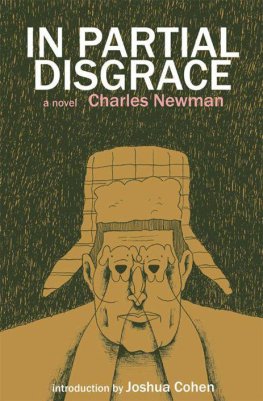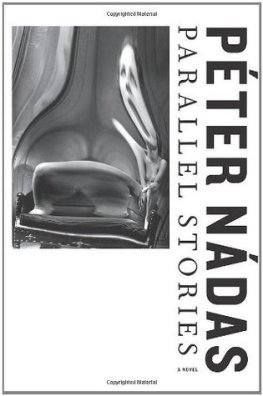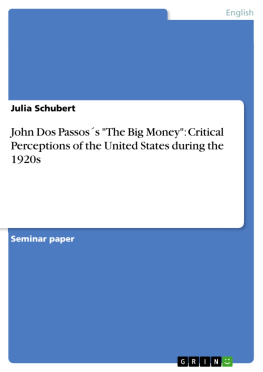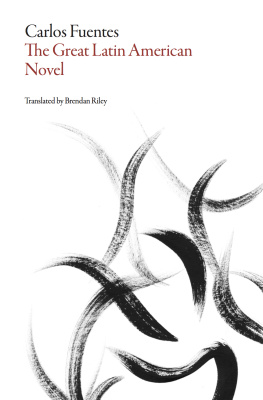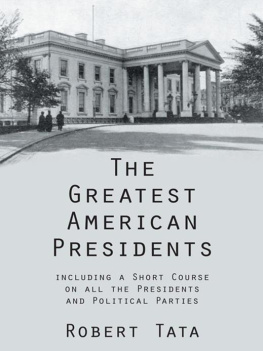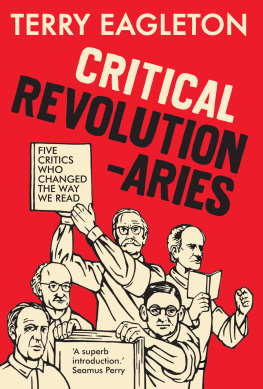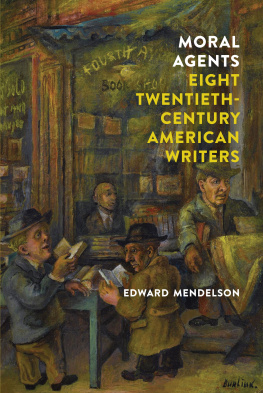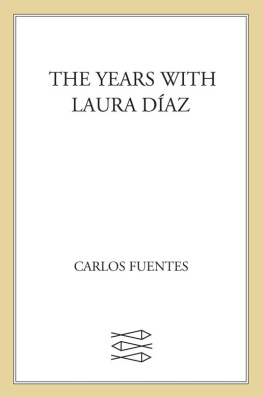Charles Newman
In Partial Disgrace
A PARTIAL INTRODUCTION TO CHARLES NEWMANSIN PARTIAL DISGRACE, WHICH IS ITSELF A PARTIAL INTRODUCTION, TO.
Partialness
In Partial Disgrace, indeed, though the emphasis should be on that intermediary word that unstable, pieceworkish, Latinate by one definition and French by another, partial. This is an introduction to a book that is itself an introduction. Charles Hamilton Newman among the best, and best-neglected, of American authors had intended to write a cycle of three volumes, each volume containing three books, for a total of nine. But when he died, in 2006 at the age of sixty-eight, all that had been completed was an overture or just the blueprints for a theater, the scaffold for a proscenium.
Arcadia
Charles Newman was born in 1938 in St. Louis, Missouri, city of the Mississippi, of Harold Brodkey, William S. Burroughs, T. S. Eliot three eminences whod left. Newman never had that privilege. His father made the decision for him, moving the family which stretched back two centuries in St. Louis, to when the town was just a little village of French and Spanish inhabitantsto a suburban housing tract north of Chicago, adjacent to a horseradish bottling plant. The prairie, the imagination, lay just beyond. A talented athlete, Newman led North Shore Country Day School to championships in football, basketball, baseball. Yale followed, where he won a prize for the most outstanding senior thesis in American history. He befriended Leslie Epstein, novelist, and Porter Goss, future director of the CIA under Bush II (more on intelligence later). Study at Balliol College, Oxford, led to a stint as assistant to Congressman Sidney R. Yates (D, Ninth District, Chicago), which lasted until Newman was drafted into the Air Force Reserve, which he served as paramedic. Korea was avoided.
In 1964, Newman returned to Chicago: I have been forced by pecuniary circumstances to deal with other mens errors and natures abortions, to become. . an educationist! He became a professor in the English department at Northwestern, where he turned the campus rag, TriQuarterly, into the foremost lit journal of the second half of the century weighty words for weighty writers like Jorge Luis Borges, Gabriel Garca Mrquez, Czesaw Miosz, E. M. Cioran, Frederic Jameson, Susan Sontag, Robert Coover, John Barth. TriQuarterly was the journal that notified the city New York, publishings capital of the progress in the provinces. Academia would resurrect American letters, at least relicate in library stacks amid the slaughterhouses, the grain and missile silos. The counterculture usurping the culture, standards in decline, artistic degradation the complaints of Newmans seminal essays, A Childs History of America (1973), and The Post-Modern Aura (1985), could also be used to rationalize his behavior: the dalliances with coeds, the boozing, the pills. With his job in jeopardy, his journal too, in 1975 Newman moved to Baltimore, where he directed the Johns Hopkins Writing Seminars.
This is where the account, or just Newman, gets hazy. He quit Hopkins, or was fired again, or quit before hed be fired, or was fired before he could quit, went off to raise hunting dogs in the Shenandoah Valley (more on the dogs too, in a bit). The failure of that venture, or a feud with a neighbor that left him arrested, or wounded in a shovel attack, or both either that or a brief bout of sobriety, or its attendant hypochondria that required better health insurance led him back, by a commodius rictus of recirculation, to St. Louis, city of Brodkey (a stylistic peer), Burroughs (with whom he shared a tolerance for self-abuse), Eliot (whose adoption of a foreign identity prefigured Newmans own interest in Hungary about which, again, stay tuned). After Chicago this was his second homecoming, third chance. Fortune smiled gaptoothed. Newman was already the author of New Axis (1966, a novel following three generations of a Midwestern family from Depression striving, through middle-class success, to a striven-for, successful-because-failed, Aquarian rebellion), The Promisekeeper: A Tephramancy (1971, a novel that risks, as its subtitle suggests, a divination of the ashes of the American Dream, forecasting a country unable to communicate except in reference, satire, parody), and There Must Be More to Love Than Death (1976, a collection of three texts, of a series of twelve that would remain unfinished, each in a different vein: a junkie veteran suffers naturalism, an operatic baritone frets over farce, a photographic memory prodigy is worried by the very concept of nonfiction). White JazzNewmans best completed novel, about a computer programmer surfeited, even satisfied, by his function as a mere line of code in the program of this country had just been published. The year was 1985. Reagan had just been whistled for an encore.
For this act Newmans last lets green the stage, let loose a rolling hilly verdancy to billow as backdrop, caster the trees into position, dolly hedges to their marks, creating a clearing, a nymphs grove of sorts, surrounding a ruin a folly rising from the floors trapdoor. Students wandered into this grove from all over the globe, declothed, caressed one another, congressed, quaffed skins of goatgrape, toked a strange lotosine weed (Let us swear an oath, and keep it with an equal mind, / In the hollow Lotos-land to live and lie reclined / On the hills like Gods together, careless of mankind.Tennyson). The demigods who organized, or disorganized, these pagan proceedings were called by the names William H. Gass, Stanley Elkin, Howard Nemerov. This secret Arcadia, the closest that late twentieth-century American letters would ever come to a Classical Arcady, hid under the ineffable epithet Washington University. But Eden is not to be returned to. Paradise, especially if ones birthplace, can never be regained. (At Newmans memorial service, Gass suspected the deceased would find faults in paradise, because they sprayed their trees.)
It wasnt just that Newman loathed Wash U, or the suburbanization that had taken hold outside the ivy tower rather, Newman hated utopias. But it takes a genius to hate a utopia, and whenever Newman wasnt bitching, he was blurbing his own genius. Or resuming his cryptodipso routine, insulting fellow teachers and deans, setting himself on fire in class (an accident? or to prove what point?). Newman broke friendships, collapsed marriages, wore himself out in the constant commute between classes and his writing studio/ studio apartment in cramped, indispensable-to-his-vanity-but-insulting-of-his-vanity Manhattan, and in the perpetual writing of this book, the perpetual rewriting of the books that would become this book as if it would sober him finally, which it didnt writing never does.
The dramatization the self-dramatization of Newmans final period, his finale, should be accompanied by flute and harp, out of synch, out of tune in a disconcerting mode. An exit dance might be hazarded, but the steps should stagger, the bows should be falls passing out. Lets clear the set reel in the prop foliage, crank to the rafters those deae ex machinis of ever-fresher, ever-younger lovers, those student saving graces or muses with the wings of angels but demonic T&A. All that should be left on stage is that ruin, that folly the size of a respectable state university, the size of a respectable state, but abandoned in midbloom this masterpiece in pieces, this partial.
Ruritania
For Newman the peripatetic New Manthe imagined place was always a proxy, or preparatory study, for a reimagination of the self. The move to Chicago turned his family from prosperously rooted burghers to panting arrivistes; his sojourn in Virginia turned a genuine wildman into a playacting gentleman-farmer (it was Giovanni da Verrazzano who first referred to Virginia as Arcadia), and it was his first trip to Hungary, in 1968, that turned an intellectual citizen of an unintellectual republic into an adventurer, or apprentice dissident a champion of everyones free speech because a champion of his own.

